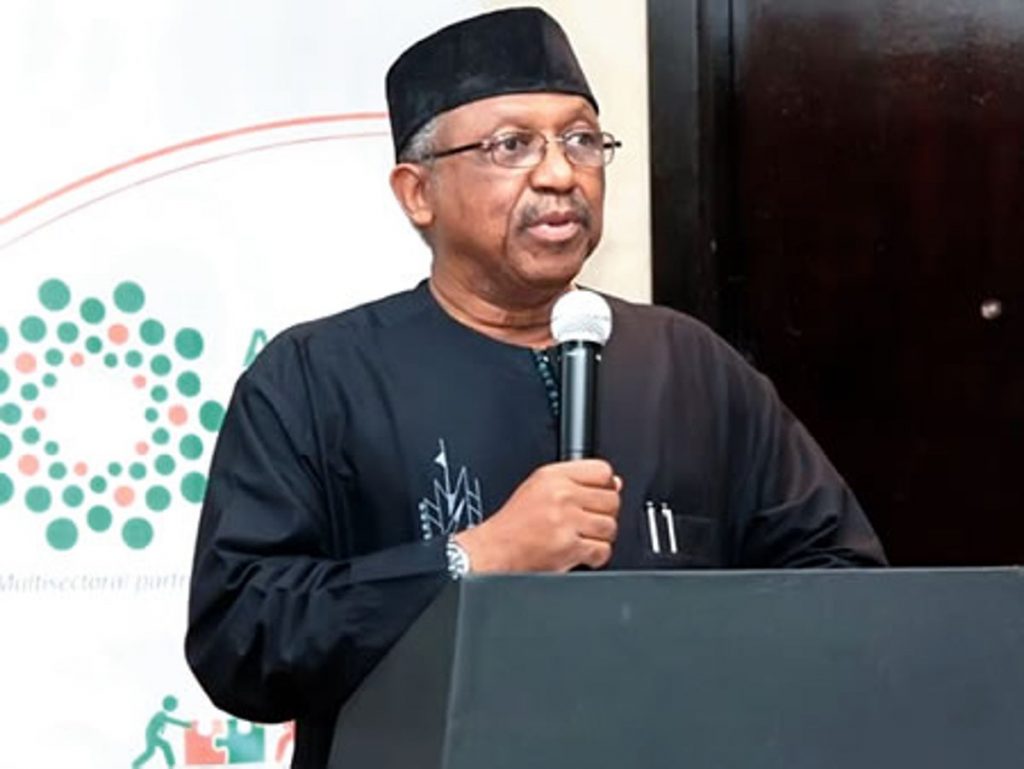Share!
Minister of Health, Dr. Osagie Ehanire, yesterday, lamented Nigeria’s 25 per cent statistics of Neglected Tropical Diseases (NTDs) in Africa.
According to him, while 122 million Nigerians are affected by Lymphatic Filariasis, 33 million have Onchocerciasis, 20.8 million with Schistosomiasis, 29.4 Transmitted Helminths, 5.3Trachoma and 6.5 million people affected by Human African Trypanosomiasis.
He said addressing social determinants of health like Water, Sanitation and Hygiene (WASH) inadequacies is essential for NTDs’ control and elimination.
Addressing the media to commemorate the 2023 World NTD Day, yesterday, in Abuja, Ehanire noted that NTDs are of public health concern, as they impact negatively on socio-economic development and affect an estimated one billion people worldwide, mostly low-income tropical areas of Africa, Asia and Latin America.
He stressed the need to focus on millions of people with little or no access to prevention, treatment and care in the roll out of the 10-year NTD roadmap for 2021-2030 by World Health Organisation (WHO), which proposed ambitious targets and innovative approaches to tackle the ailments and provide blueprint and direction for global elimination.
The minister said: “The significance of World NTD Day is to renew global and national awareness of the magnitude of NTDs and also present opportunities to highlight progress made, challenges met, policy direction and advocate support for prevention, control and elimination efforts.
Nigeria is particularly interested in NTDs because they are a group of communicable and non-communicable diseases occurring mostly in isolated areas of developing countries with poor sanitation and nutritional status, unsafe water supply, substandard living conditions and low level of education.
Tough sufferers may be many, the diseases are still ‘neglected’ because they are almost absent from the global health agenda and are associated with stigma and social exclusion. Neglecting the population also helps perpetuate the cycle of poverty and limited access to professional opportunities.”
Similarly, WHO has confirmed that the continued plaguing of poorest members of communities by NTDs, especially in areas where water safety, sanitation and access to healthcare are inadequate.
According to the organisation, 16 nations account for 80 per cent of global NTDs’ burden, while 179 countries and territories reported at least an in incident in 2021.
In a new document titled: “Global report on NTDs 2023,” WHO said about 1.65 billion people were estimated to require treatment for at least one of the ailments globally.
WHO’s Director-General, Dr. Tedros Adhanom Ghebreyesus, observed that despite progress made, there was still a lot of work to be done.
The report, however, indicated that the number of people requiring interventions fell by 80 million between 2020 and 2021, while eight nations were certified NTD-free last year.
Related posts:
- COVID-19: FG Says No Plan On Travel Restrictions
- Nigerian Government Says There Are Now Evidence Of Community Transmission, To Ramp Up Testing Capacity To 4,000 Daily
- WHO Urges African Countries To Scale Up Malaria Prevention Tools Or Face Doubling Deaths From The Illness Amid COVID-19
- WHO To Begin Clinical Trials Of COVID-19 Vaccines In Nigeria
